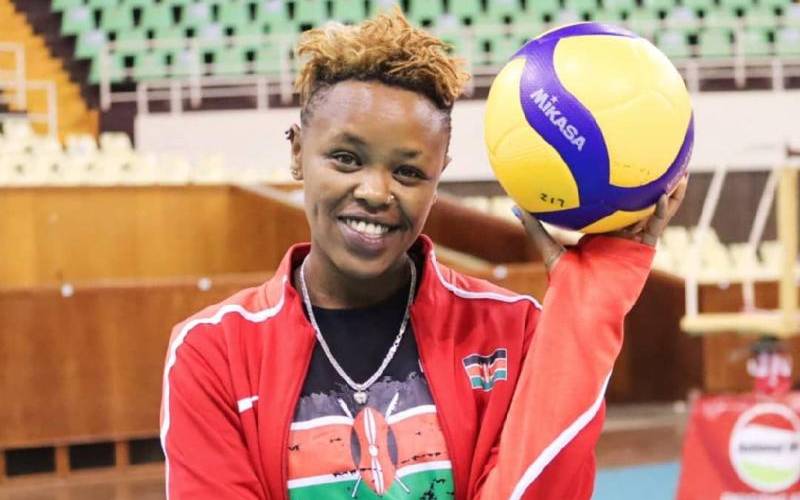×
The Standard e-Paper
Kenya’s Boldest Voice

In another world, Jane Wairimu (better known as Wacu) would be an actress, a singer, a dancer or a deejay. The Kenyan volleyball ace, who is a decorated national team player, is also an entertainer who dishes out comic relief to those around her.